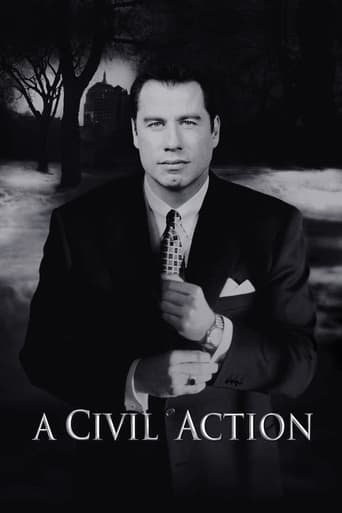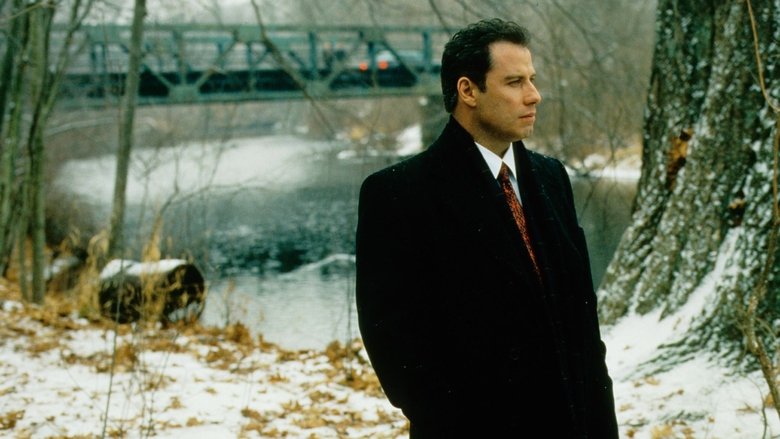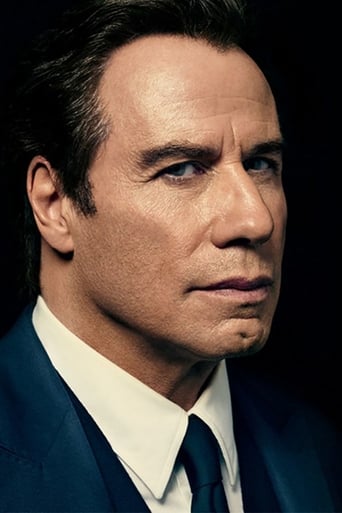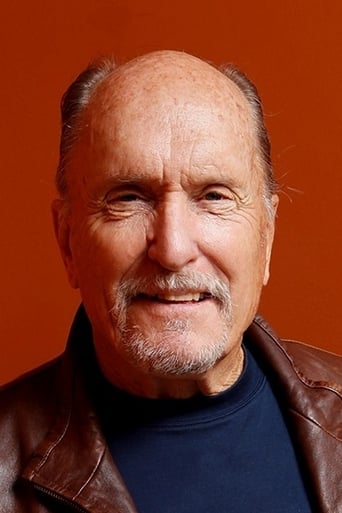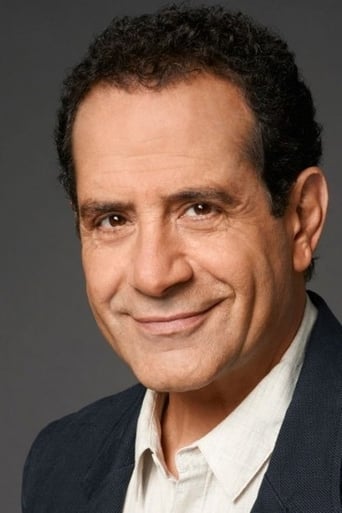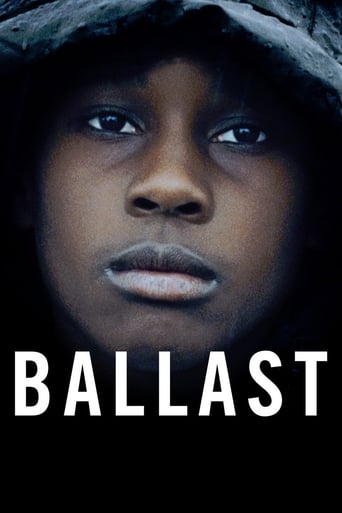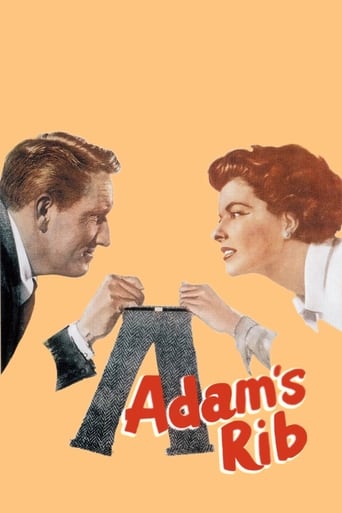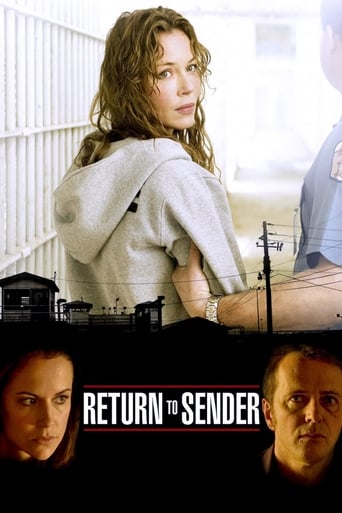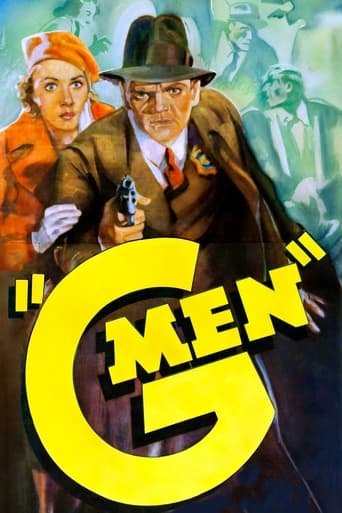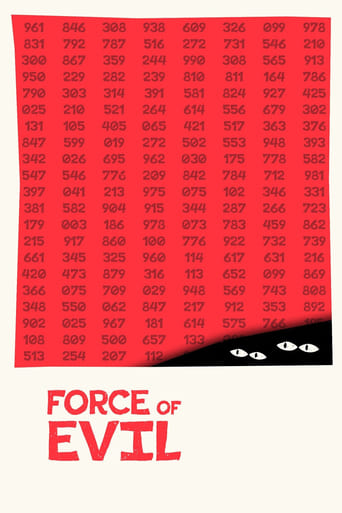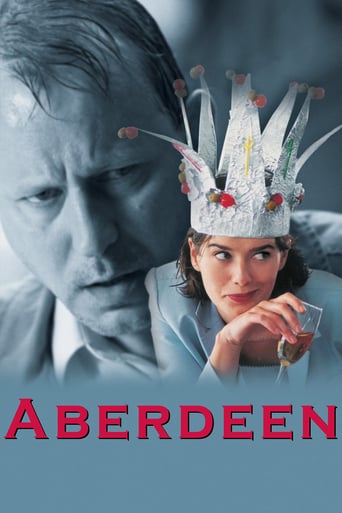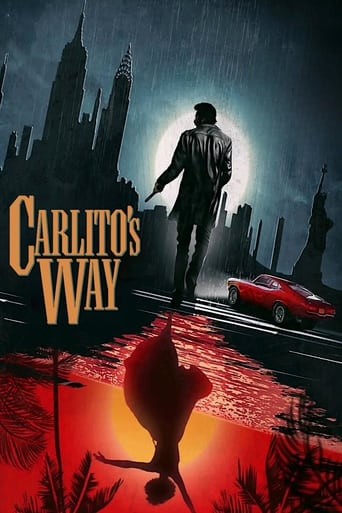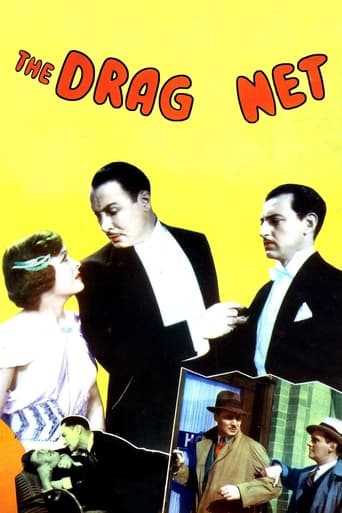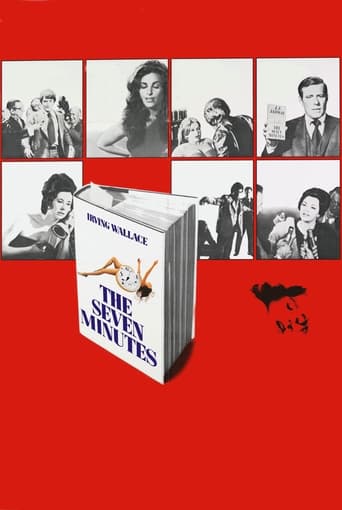A Civil Action (1998)
Jan Schlickmann is a cynical lawyer who goes out to 'get rid of' a case, only to find out it is potentially worth millions. The case becomes his obsession, to the extent that he is willing to give up everything—including his career and his clients' goals—in order to continue the case against all odds.
Watch Trailer
Cast


Similar titles
Reviews
Sadly Over-hyped
Memorable, crazy movie
There is, somehow, an interesting story here, as well as some good acting. There are also some good scenes
This is a gorgeous movie made by a gorgeous spirit.
A Civil Action (1998): Dir: Steven Zaillian / Cast: John Travolta, Robert Duvall, Kathleen Quinlan, William H. Macy, Tony Shalhoub: Although not extravagant to look at this film suggests a logical manner to address legal situations that may work if evidence doesn't overpower honesty. John Travolta plays a lawyer involved in a case regarding toxic waste products contaminating drinking water. Kathleen Quinlan plays one of the folks addressing the issue. A few workers have come forward with information but eventually they are forced to sell out in order to continue the case. Steven Zaillian directs with skill and observation. He previously made another film that touches on realism called Searching for Bobby Fischer. Travolta struggles with this case even at the expense of his career. Robert Duvall plays the sly and clever opposing lawyer who overrides standard material by presenting a cunning sense of empowerment. William H. Macy brings in much comic relief particularly when it comes to downsizing their business. Kathleen Quinlan is also well cast and counters standard writing with the willingness to win for a greater cause. Tony Shalhoub steals moments as another attorney. This film presents a message that many viewers can be encouraged by and businesses inspired by. It is an enlightening film about the legal system that inquires that we all take a civil action. Score: 9 / 10
First of all, if you want a rehash of the plot, go read another review. This is a great movie. It's not your typical courtroom drama, but more of a legal drama. And it's a bit more realistic than what we're used to on the screen (but only a little), and some don't feel comfortable with stories told like it was. (The reason I say 'a little' is because I used to work for lawyers and I can't see any of those guys going that far out on a limb for a case.) But this was a true story and the filmmakers really stuck to the truth. It doesn't have the usual courtroom scenes, yet it still depicts what a hellish, slippery slope (and costly one) it is to win justice for your client in the only venue permitted: a court of law. I don't believe there's ever been a film that's told this story quite this way before.I always wondered why our protagonist in the film (that's Jan) took the case in the first place. I always assumed it was forced on him, but don't know where that came from. (I'll probably have to look it up in the book since I don't own the movie.) If it was voluntary, he had to have seen dollar signs in it somewhere. But I don't know because Jan doesn't know. He doesn't even remember the case, let alone why he took it. He sure doesn't remember Anne Anderson when she calls him on the air of a radio show, and asks him why he doesn't return his client's phone calls, which makes him look, sound, and feel like a real jerk.And exactly when he realized Beatrice Foods was Granddaddy to a plethora of stuff that America consumes daily, that's fuzzy too. It's after he's been humiliated on the radio that we see he's got the file and talking to one of his partners about Beatrice Foods' deep pockets. And his partner (I think it was Macy) tells him that kind of case is just a "black hole" and he should get rid of it. So he goes out to Woburn to meet with the families for the first time (he's had the case 2 years!) supposedly to get rid of them. But after hearing their stories, he can't do it. He's too much of a coward. I also think he's embarrassed by their unbelievable loss and suffering; maybe he feels somewhat sorry for them. But I really believe that the increasing obsession he soon develops over securing the highest number he can for his clients isn't due to a sudden awakening of conscience, or a heart burgeoning with pity, which is what it looks like on the outside. But there's been no character change yet. His anger grows, but it has little to do with the crimes committed by the big corporations against his clients. What really jerks his chain more than anything at this point are those pompous defense attorneys; how they act and how they treat him makes him furious. He's consumed with beating them down and knocking them out of the game for good really because of hurt pride. Jan Schlictman is no hero. One reviewer aptly wrote that he had "feet of clay." He's a hot-shot. I wouldn't say he "loves the law;" I would say he loves having knowledge of the law which allows him to manipulate it, and that gives him power. He doesn't appear to respect the law. We see him getting a speeding ticket on the way to Woburn, and again — from the same cop — on the way back. As he takes the ticket and insolently slams it into his glove compartment that's just teeming with others, he resembles a rebellious teenager. And the filmmakers made sure to show us that early in the film.In my opinion, his character starts to change ― and here comes a spoiler ― the moment near the end when he picks up Grace's number off the floor. (That part always kills me!) His partners have read him the riot act and walked out on him. He's sitting on the floor, his body slumped over the phone as he picks it up and dials. His body language reflects utter despair. Note: To those who get bored when there's not enough action, and/or can't tell what's happening with a character because there's no dialog to explain, learn to read the actor's body language. If he or she is an above-average actor, (and you are somewhat intelligent), you should be able to get it.As for Oscar nominations, for once I can see why the Academy didn't nominate Travolta for his acting here. I compared this performance with Travolta's take on Tony Manero in "Saturday Night Fever," and again with Vincent Vega in "Pulp Fiction." For me, it just doesn't compare. He's not that skillful at the underplaying thing. Robert Duvall's nomination didn't surprise me.Having read the book, I thought the writers accomplished the ending fairly well, even if they omitted a heck of a lot from the book's ending. (It seems to me the families actually did get to testify, but I could be wrong.) There are too many movies that are dumb, pointless, predictable, and a waste of two hours, with too few being clever, absorbing, stimulating, and different. I can never pass this up whenever it's on. But it bores most of my friends, too— probably for the same reasons others have stated — no action, no high drama. Also, Travolta underplays his performance for the most part, (which allows Duvall all that scene-stealing) and I think that was an excellent decision for that role, whose ever it was. And whenever an actor does that, sometimes people don't get it; they think nothing's going on, that the star is holding back. Trust me, they did this one right.
The cast is solid with stars like William Macy , James Gandolfini , Tony Shelhoub , Jon Lithgow and Stephen Fry . Robert Duvall gives a good performance , but I would argue if he deserved Oscar nomination. John Travolta fits the main role quite nicely .The movie is quite fine directed and written . The problem is with the main hero . He is barely written . We get information in the first minutes of the movie that he is cold and cynical , but we never really get to know what is going in his head . His decision about helping those people seems to come from nowhere . It just happens . It feels like his actions aren't natural , but happen because the writer wishes so. Also , bad song choice for the ending credits.Trials are for those who want to prove something , mostly to themselves. Civil law is about compromise – to settle and get money . In our everyday life we often compromise , even when we know that we should fight for what we believe in . It's good to do something against logic , so we could look in the mirror and don't be ashamed with what we see there.I give it 7/10.
In movies, the good guys always seem to win court cases. Over an ingratiating orchestra swell, no less. But in reality, good or bad has nothing to do with the outcome of court cases. It's how you play the game. If you can afford to be in the game in the first place.A CIVIL ACTION is based on a real life Massachusetts court case, novelized by Jonathan Harr, about a group of families suing two factories in their Woburn locale, accusing them of polluting the town water supply and causing the leukemia deaths of their children. The factories were owned by corporations, and though a settlement was reached, even as the pittance was being paid out, it broke the back of the lawyer who represented the families and destroyed the spirits of the already-shattered families.John Travolta is lawyer Jan Schlichtmann, who informs us during the opening credits that a lawyer would be doing his clients a disservice were he to get emotionally involved with their case. Then for dramatic arc, and in real life it would seem, Jan went against his own principles and tongue-kissed the case to bed every night and woke with its morning breath in his nostrils every day.Robert Duvall is veteran lawyer Jerome Facher, his doddering, distracted persona disguising a clinical tactician who outplays Jan at every step of the game precisely because he is not emotionally involved. And has no desire to unearth any ethics or truth in the case. When Jan tells him that the families he represents want the truth about the contaminated water, Facher replies amusedly, "Are we talking about a court of law? A court isn't the place to find the truth... This case stopped being about dead children the minute it entered the justice system, the minute you filed the case." William H. Macy is Jan's accountant, who helplessly watches the firm go broke against his desperate mortgaging of all their homes as collateral and selling all their office furniture; Tony Shalhoub and Zeljko Ivanek are Jan's snowed under assistants.John Lithgow is the forceful, biased judge, who plays golf with Facher. From the outset, Jan is battling the judge's tripwire impatience as the new guy intruding into this Old Boys' Club.Kathleen Quinlan heads the group of families suing for the truth (one of her sons is dead), and James Gandolfini (THE SOPRANOS would appear literally on the heels of this movie and change his career forever) is a factory worker who harbors damning secrets about the dumping of waste chemicals. In his words - presaging the credo of what would become his most enduring character - "I ain't a rat!" Jan tell us: "Odds of a plaintiff's lawyer winning in civil court are two to one against. Your odds of surviving a game of Russian Roulette are better than winning a case at trial. So why does anyone do it? They don't. They settle. only fools with something to prove end up ensnared in it. And when I say 'prove' I don't mean about the case, I mean about themselves." In most movies, an eleventh hour revelation drives the Good Guys towards home plate, victory, and that annoying orchestra swell, but in A CIVIL ACTION, even as Jan uncovers damning evidence that would enable him to appeal the case, with an elusive eleventh hour witness, there is no money left for "justice" to be served. And "the law" - ironically - stands in the way: the long standing principle of res judicata, "that a matter once decided in a court of law remains decided - even if that decision flew in the face of reality." Co-written and directed by Steven Zaillian, co-produced by Robert Redford (always into "sensible" films with something to say), A CIVIL ACTION is a success as a movie precisely because it is such a major downer. It conveys an infuriating claustrophobia, that maddening feeling that we can't, in fact, fight City Hall, no matter what Greg Brady says.Schlichtmann becomes a shell of a man, obsessed with trying to do the right thing, sitting in his bare office with no desk, phones and electricity cut off and no future prospects. And it's raining outside.A late scene shows young punks throwing firecrackers across a river on the contaminated land; one of the firecrackers lands in the river and the whole river catches alight.Movie ends with the Environmental Protection Agency getting involved - one giant institution against another; a clash of the Titans, if you will. In Greek mythology, only a Titan could destroy another Titan; and in the modern obfuscating world of blind justice - does anyone see the irony in that phrase? - it is still impossible for an individual to destroy a Titan, even with the best intentions and the Truth on their side.Harr's book ends on a somber, pessimistic note, but the movie was made after the book, with more current information. Closing text informs us that the two offending corps, Grace and Beatrice Foods, were indicted by the EPA and paid 69 million dollars in cleanup costs. Jan is now representing 60 families in New Jersey in another contaminated water case.Is this guy a sucker for punishment or what?

